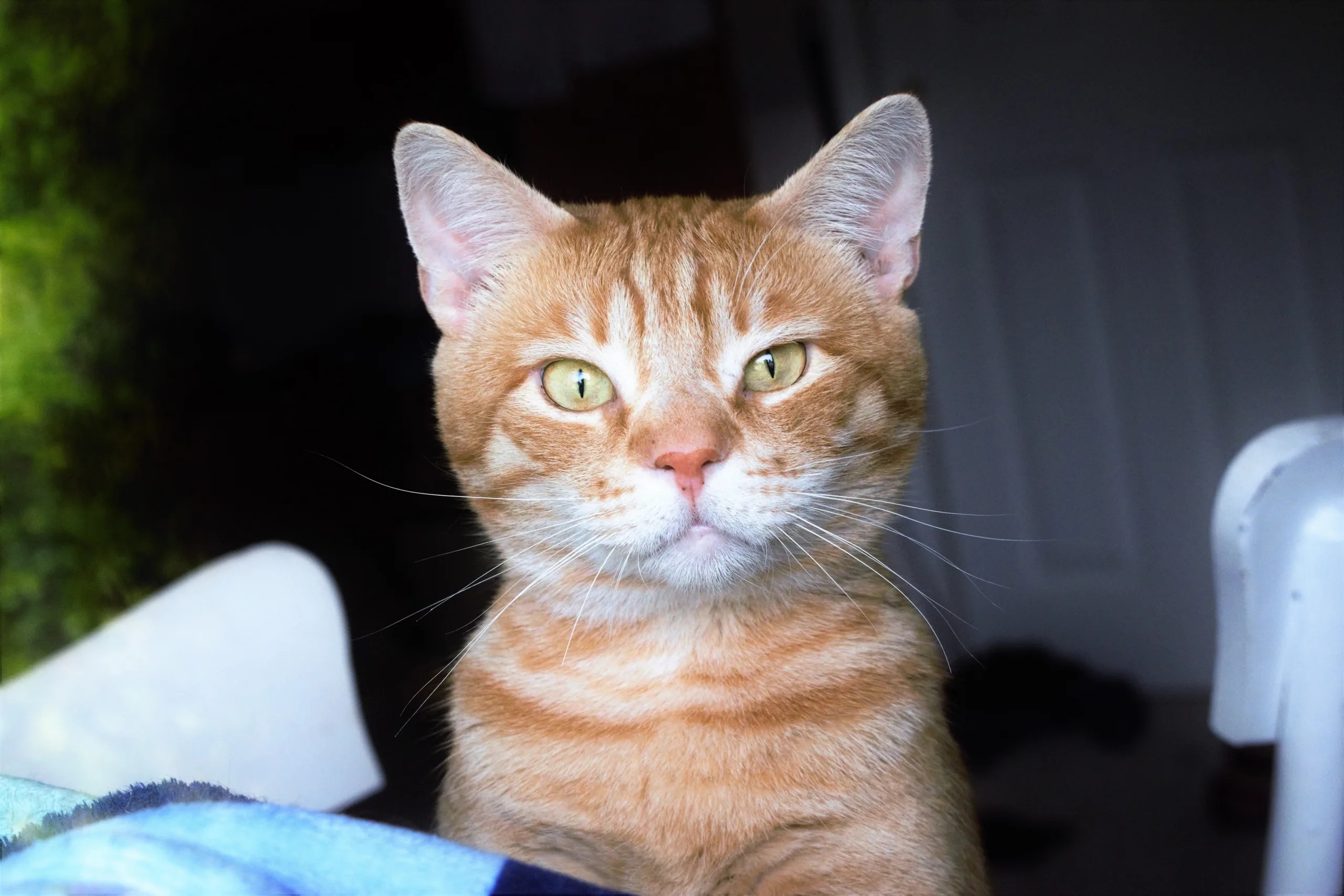Cats are fascinating creatures that communicate through a variety of behaviors, and one behavior that can be a cause of concern for cat owners is spraying. This article aims to explore the age at which cats start spraying, the reasons behind this behavior, and how to distinguish spraying from other forms of elimination.
For more about cats click here
When Do Cats Start Spraying?
Cats typically reach sexual maturity at around 5 to 6 months of age. This is when their hormones kick in, and they may start exhibiting spraying behavior. Male cats are more likely to spray than females, although female cats can also spray on occasion.
Understanding Cat Spraying
Cat spraying is a behavior where cats mark their territory by releasing small amounts of urine. Unlike regular urination, which is done in a litter box, spraying involves vertical surfaces like walls or furniture. The urine contains pheromones that communicate information about the cat’s presence, status, and territory.
How to Identify Cat Spraying
Distinguishing between spraying and regular urination can sometimes be challenging, but there are some key differences to look for:
- Posture: Cats that are spraying usually stand upright with their tails quivering, while cats urinating squat and release a larger amount of urine.
- Location: Spraying is often done on vertical surfaces to mark territory, while urination occurs in horizontal positions like a litter box.
- Frequency: Cats that are spraying may do so intermittently to mark specific areas, whereas cats urinate regularly.
- Odor: The odor of sprayed urine is more pungent due to the presence of pheromones.
Reasons Behind Cat Spraying
There are several reasons why cats engage in spraying behavior:
- Territorial Marking: Cats are territorial animals, and spraying is a way to establish their territory and communicate their presence to other cats.
- Sexual Maturity: Hormonal changes during sexual maturity can trigger spraying as a way to attract potential mates.
- Stress or Anxiety: Cats may spray in response to stress, changes in their environment, or the presence of other cats.
- Medical Issues: Some medical conditions, such as urinary tract infections or bladder problems, can lead to inappropriate spraying.
Managing Cat Spraying
If your cat is spraying, there are steps you can take to manage the behavior:
- Spaying or Neutering: Having your cat spayed or neutered can significantly reduce spraying behavior, especially in male cats.
- Creating a Comfortable Environment: Reduce stressors in your cat’s environment and provide hiding spots, scratching posts, and perches to make them feel secure.
- Litter Box Maintenance: Keep the litter box clean and in a quiet, accessible location.
- Consult a Veterinarian: If spraying persists or is accompanied by changes in behavior or health, consult a veterinarian to rule out medical issues.
FAQs on At What Age Do Cats Start Spraying?
Q1: How do I know if my cat is spraying? Look for vertical spraying postures, distinct odor, and the presence of small amounts of urine on walls or furniture.
Q2: Do all cats start spraying? Not all cats start spraying, but it’s more common in sexually mature males.
Q3: Do all male cats spray in the house? While spraying is more common in male cats, not all of them will spray indoors.
Q4: How do you tell if your cat is spraying or peeing? Observe the posture, location, frequency, and odor of the eliminated urine to determine if it’s spraying or regular urination.
Q5: Is spraying different than peeing? Yes, spraying involves marking territory with small amounts of urine on vertical surfaces, while peeing is the regular elimination of urine.
Q6: Do all cats spray urine? No, not all cats engage in spraying behavior. It’s more common in cats that are sexually mature and in multi-cat households.
In Conclusion
Cat spraying is a natural behavior that is often triggered by hormonal changes, territorial instincts, stress, or medical issues. Understanding the reasons behind this behavior and taking appropriate steps to manage it can help create a harmonious living environment for both cats and their owners. If spraying becomes a persistent issue, consulting a veterinarian is recommended to ensure your cat’s health and well-being.
Click here for more
